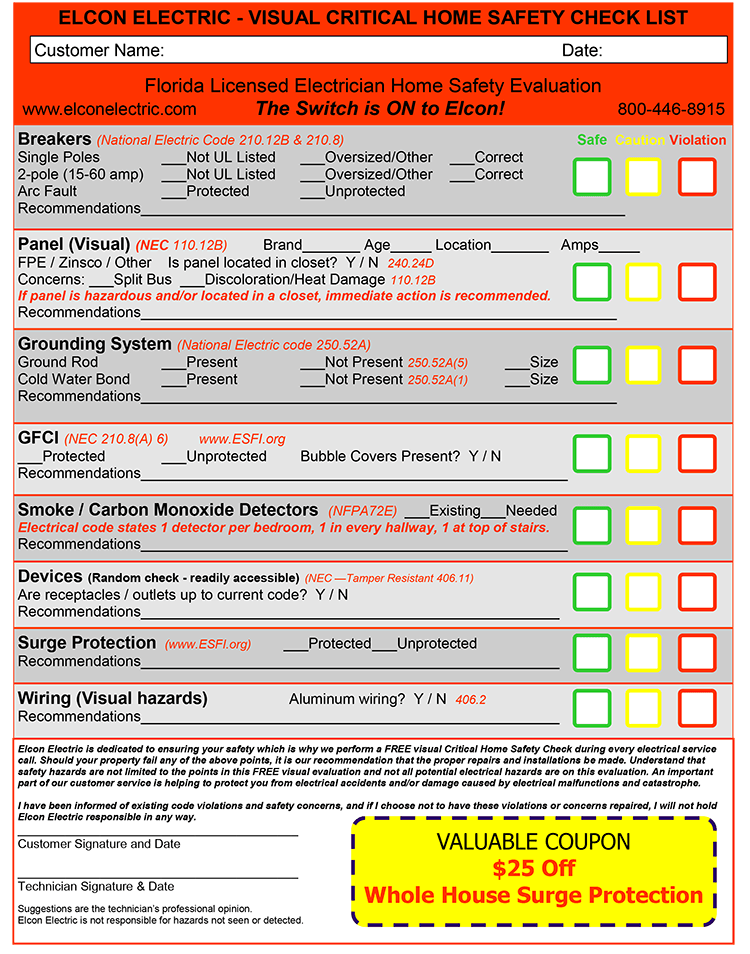A Currents of Adherence: Navigating Electrical Inspection Requirements
Electrical systems are the invisible lifeblood of our houses and establishments, supplying energy to everything from illumination to necessary appliances. Yet, like any essential system, they demand regular attention to ensure safety and performance. This is where electrical evaluations come in, playing a crucial role in detecting possible hazards, ensuring compliance with regulatory standards, and maintaining the overall reliability of the electrical network. Whether you are a householder, a lessee, or a entrepreneur, understanding the ins and outs of the inspection process can enable you to make wise decisions about your premises.
In this article, we will discuss the many aspects of the inspection process, from the common problems that inspectors often uncover to the interval with which these inspections should be scheduled. We'll investigate the importance of these assessments for safety at home and compliance, especially for historic homes and rented accommodations. Additionally, we will address what you can look forward to during a certified inspection, the financial implications involved, and how technology is reshaping the evaluation method. By the end, you will have a comprehensive understanding of electrical evaluations and be equipped to navigate their requirements effortlessly.
Comprehending Electrical Assessments
Electrical inspections are a crucial part of upkeeping safe and effective electrical systems in both home and commercial buildings. An electrical inspection includes a comprehensive review of the electrical system, including wiring, circuits, and appliances, to ensure they comply with the most recent safety codes and regulations. These assessments are created to identify potential hazards and confirm that all electrical components function safely.
The importance of electrical inspections cannot be overstated. They play a vital role in preventing electrical fires, lowering the risk of electrical shock, and confirming that the electrical infrastructure operates efficiently. In many cases, old or damaged wiring and installations can lead to serious incidents and damage. Regular assessments help identify these concerns early, providing homeowners and business owners with peace of mind concerning their electrical systems' safety.
Understanding what to anticipate during an electrical assessment is crucial for property owners. Typically, a licensed electrician will check the electrical panel, outlets, and wiring across the property. They will also evaluate the grounding system, test for proper circuit functionality, and check for compliance with local building codes. By acquainting yourself with this process, you can more prepare for the assessment and address any possible issues that may arise.
Common Issues & Planning
During electrical inspections, various frequent problems frequently arise that might affect the safety and operation of a household's electrical system. Among them, outdated wiring is commonly recognized, posing a significant risk due to age or not meeting with current safety regulations. Moreover, improper grounding and defective outlets, for example those that do not comply with code or are excessive, are commonly pointed out by inspectors. Other worries include inadequate circuit breakers and obsolete panels, which can lead to overloads or electrical incidents if not managed promptly.
Preparation for an electrical inspection is essential to secure a smooth process and advantageous outcomes. Property owners should start by reviewing their electrical systems and taking record of any observed problems, for example flickering lights or repeated circuit breaker activations. It is also advantageous to maintain files of previous electrical work or upgrades, as inspectors may require this information. Cleaning the inspection area, including access to the main electrical panel and outlets, can enable the inspector conduct a comprehensive assessment without extra delays.
Additionally, property owners should be aware of the inspector's criteria, which often includes checks for code compliance, safety concerns, and basic functionality of the system. Being aware to answer questions regarding any electrical modifications, repairs, or DIY projects will also aid a more efficient inspection process. This forward-thinking approach can lead to quicker solutions of any detected issues and reassurance regarding the home's electrical safety.
Security and Adherence Benefits
Electrical inspections play a crucial role in ensuring the security of occupants by identifying potential hazards before they develop into major problems. Frequent inspections allow trained professionals to detect issues such as malfunctioning wiring, excessive circuits, and old electrical systems, all of which could pose significant risks. By addressing these concerns promptly, homeowners and businesses can secure their investments and ensure a secure environment for all.
Compliance with electrical codes and standards is another essential benefit of electrical inspections. Every region has specific laws that must be adhered to, which are designed to protect the integrity of electrical systems. Visit this link ensures that installations meet these codes but also helps avoid litigative complications that could arise from non-compliance. This conformity is particularly important in real estate transactions, where inspections are often required prior to sale.
Additionally, frequent electrical inspections can lead to improved energy efficiency and enhanced reliability of electrical systems. By detecting issues that may cause energy loss or malfunctioning functioning of appliances, electricians can recommend enhancements or repairs that save homeowners money on utility bills. Keeping systems modern helps to increase the longevity of electrical components, contributing to overall home or business protection and reducing the likelihood of requiring extensive repairs in the future.
